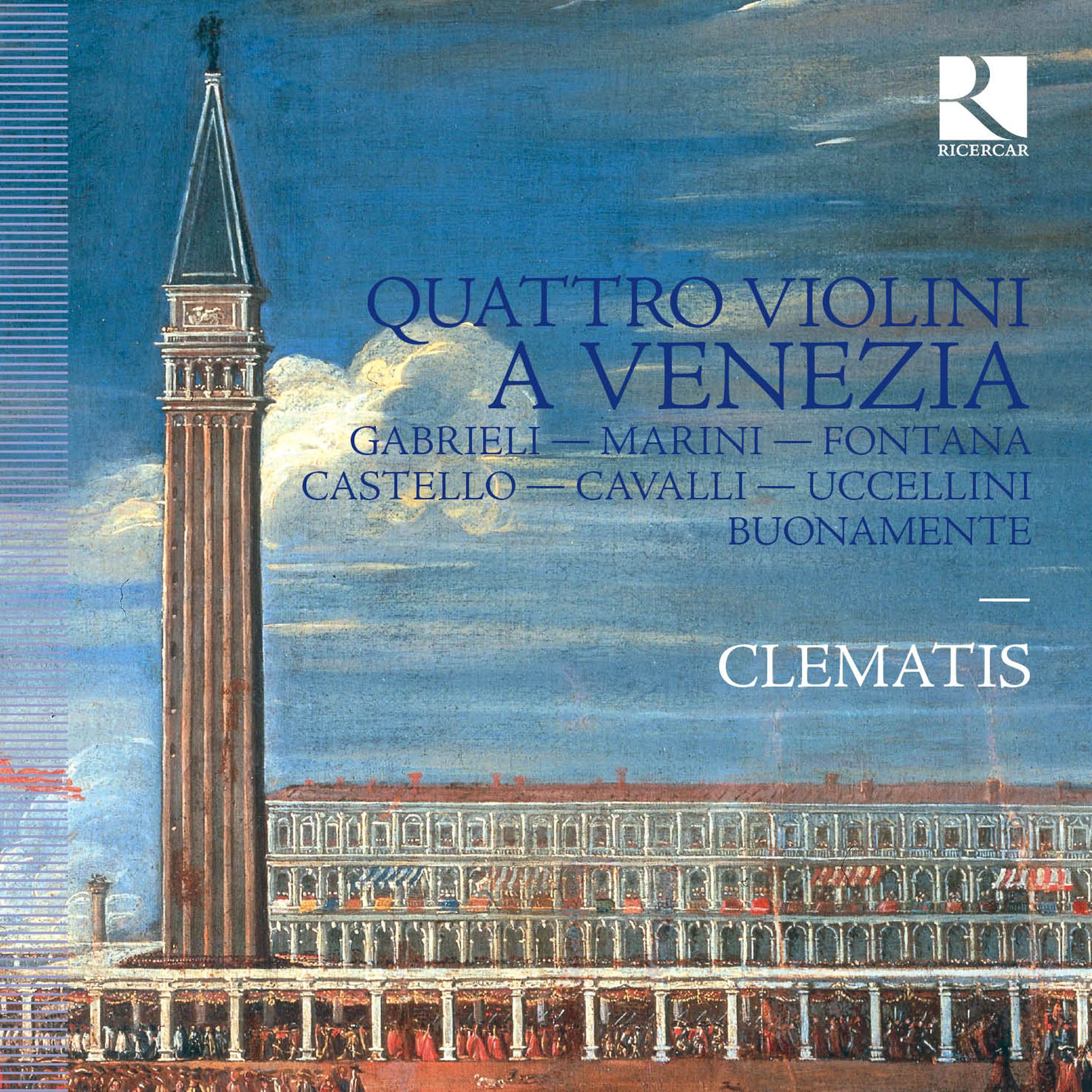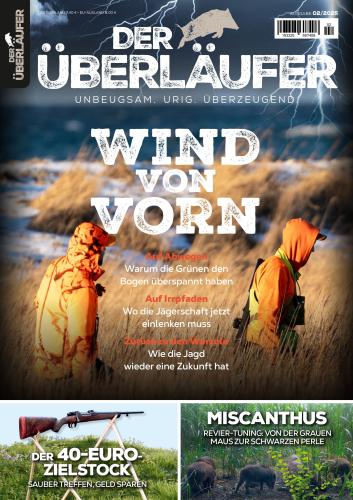
Brice Sailly, Clematis & Stéphanie de Failly – Quattro violoni a Venezia (2019)
FLAC (tracks) 24 bit/192 kHz | Time – 01:04:24 minutes | 2,33 GB | Genre: Classical
Studio Masters, Official Digital Download | Digital Booklet, Front Cover | © Ricercar
Although the first violin virtuosos came mainly from Cremona, Brescia or Mantua, it was Venice that swiftly emerged as the principal centre for the development of instrumental music. Moreover, it was there that most collections of this music were printed all through the seventeenth century. It is curious to note that all these virtuosos obviously enjoyed sharing their success with their colleagues: for, alongside works for one or two violins and continuo, almost all the composer-violinists gathered together on this disc conceived sonate, canzone or sinfonie for ensembles of three or four violins. In addition, these compositions often make use of bichoral or echo effects. All this was happening as part of the discovery of that nascent virtuosity so characteristic of the Baroque period, as a result of which instrumentalists devised many new effects, such as the use of double stopping, and drew attention to their artistry with virtuoso runs akin to the extravagant language of the toccata.
Conceived with a thrilling view to history, this album tells the musical story of the invention of the violin in Cremorna and its development in Venice, where it came into use at the start of the baroque era, around 1600. Bit by bit, the “viola da braccio” was modified and perfected by luthiers like the Amatis, and later their heirs, the Guarneris and Stradivaris. These new instruments were coming out of the workshops of Cremona and Brescia in northern Italy. Before Corelli, whose works would inundate all of Europe, Giovanni Gabrieli, Biagio Marini, Salomone Rossi, Giovanni Legrenzi and Francesco Cavalli composed the first works for violin. Formed in 2001 in Belgium by the violinist Stéphanie de Failly, the Clematis ensemble (named for a nice-smelling flower that symbolises idealism and creativity) mainly concentrates on uncovering little-known repertoires from the 17th Century: Italian, German and French. The ensemble concentrates in particular on the Italian development of the violin repertoire, as illustrated by recordings dedicated to Carlo Farina on the one hand and Giovanni Battista and Tomaso Antonio Vitali on the other. Stéphanie de Failly also recorded the famous Ciaconna by Vitali, following the original manuscript, rendering this score in all its baroque originality. – François Hudry
Tracklist:
1. Sinfonia decima settima a quatro violini
2. Canzon II a 6
3. Sonata quarta per sonar con due corde
4. Sinfonia a 5 & a 3 si placet
5. Sonata a quattro violini e doi chitarroni
6. Sonata XXI con tre violini
7. Sonata in Ecco con tre violini
8. Canzon prima per quattro violini
9. Sonata prima a quattro violini
10. Sonata 16 a tre violini
11. Sonata decima settima in Ecco
12. Capriccio per sonare il violino con tre corde a modo di lira
13. Sinfonia decima nona a tre violini
14. Canzon a 3, 2 violini e violoncino
Download:
mqs.link_BriceSaillyQuattr0vi0l0niaVenezia201924192.part3.rar
mqs.link_BriceSaillyQuattr0vi0l0niaVenezia201924192.part1.rar
mqs.link_BriceSaillyQuattr0vi0l0niaVenezia201924192.part2.rar




















![Clematis, Stéphanie de Failly, Brice Sailly - David Pohle: Complete Sonatas & Ballet Music (2024) [FLAC 24bit/192kHz] Clematis, Stéphanie de Failly, Brice Sailly - David Pohle: Complete Sonatas & Ballet Music (2024) [FLAC 24bit/192kHz]](https://imghd.xyz/images/2024/04/23/vohuryn8cm7ca_600.jpg)
![Brice Sailly, Clematis, Stephanie de Failly & Julie Roset - Nun danket alle Gott (2020) [FLAC 24bit/192kHz] Brice Sailly, Clematis, Stephanie de Failly & Julie Roset - Nun danket alle Gott (2020) [FLAC 24bit/192kHz]](https://getimg.link/images/imgimgimg/uploads/2020/09/YwmK1JE.jpg)
![Brice Sailly - Monsieur Couperin. Louis, Charles, Francois I Pieces de clavecin (2021) [FLAC 24bit/96kHz] Brice Sailly - Monsieur Couperin. Louis, Charles, Francois I Pieces de clavecin (2021) [FLAC 24bit/96kHz]](https://getimg.link/images/imgimgimg/uploads/2021/06/dilY6Cf.jpg)